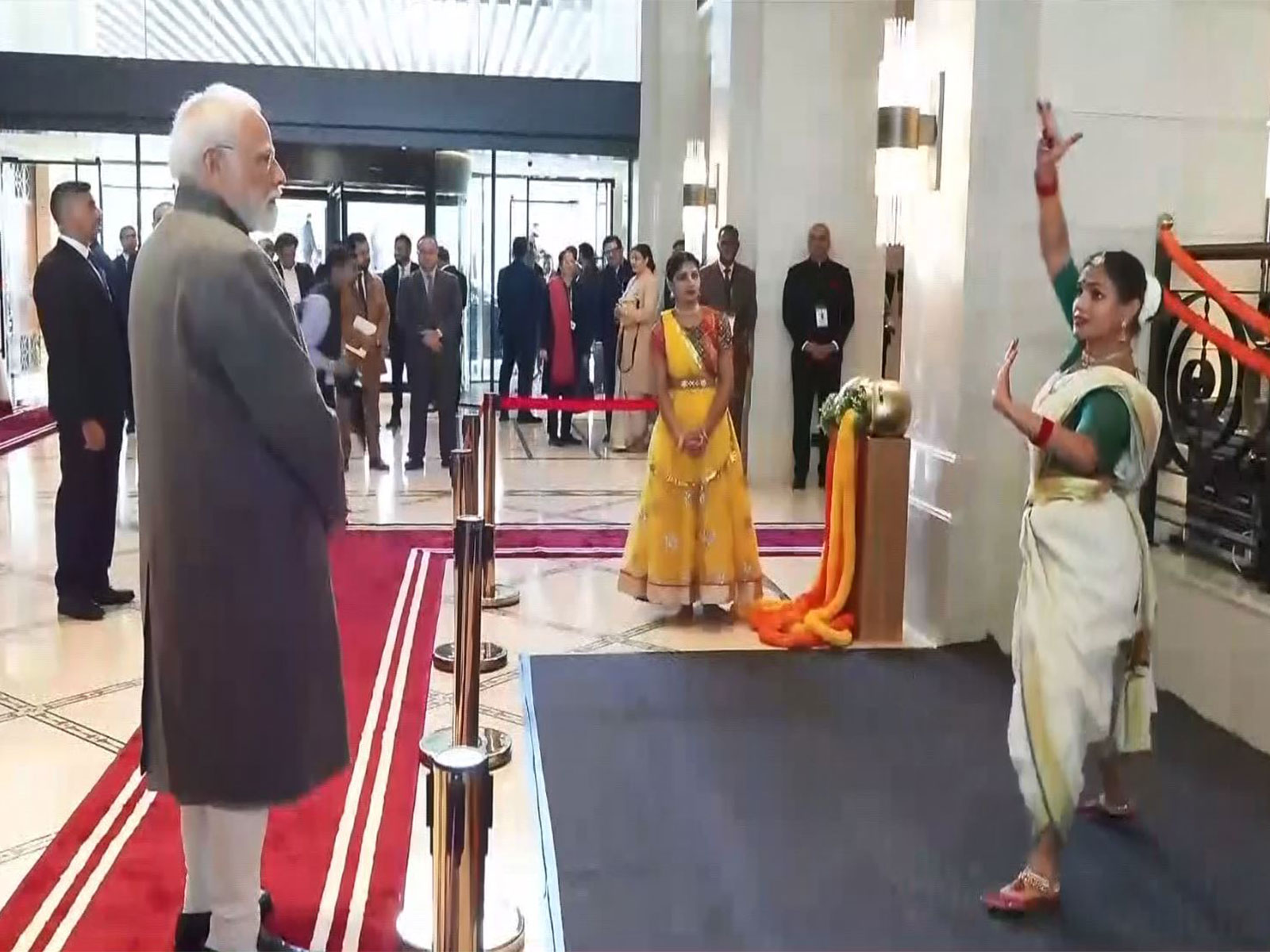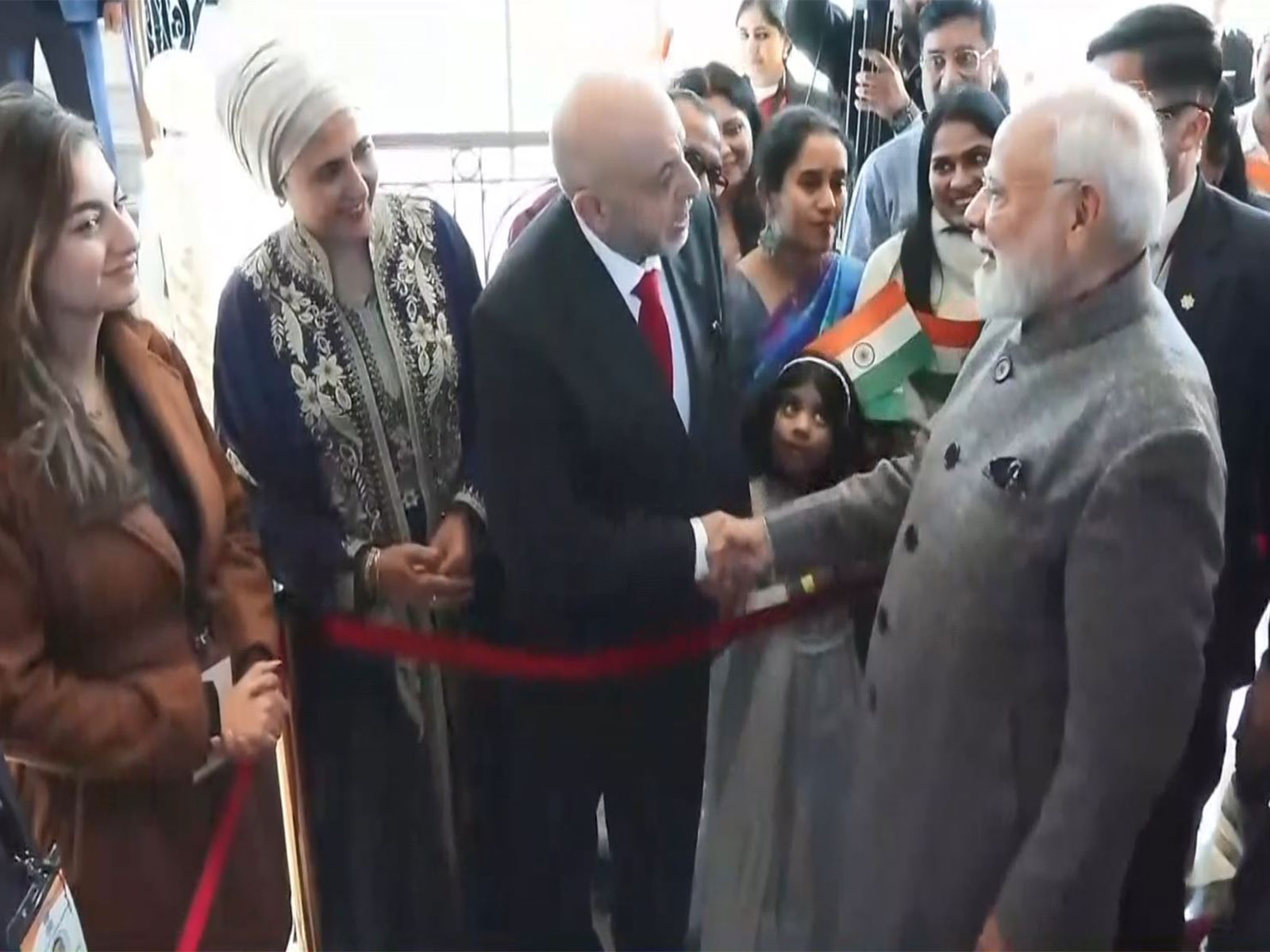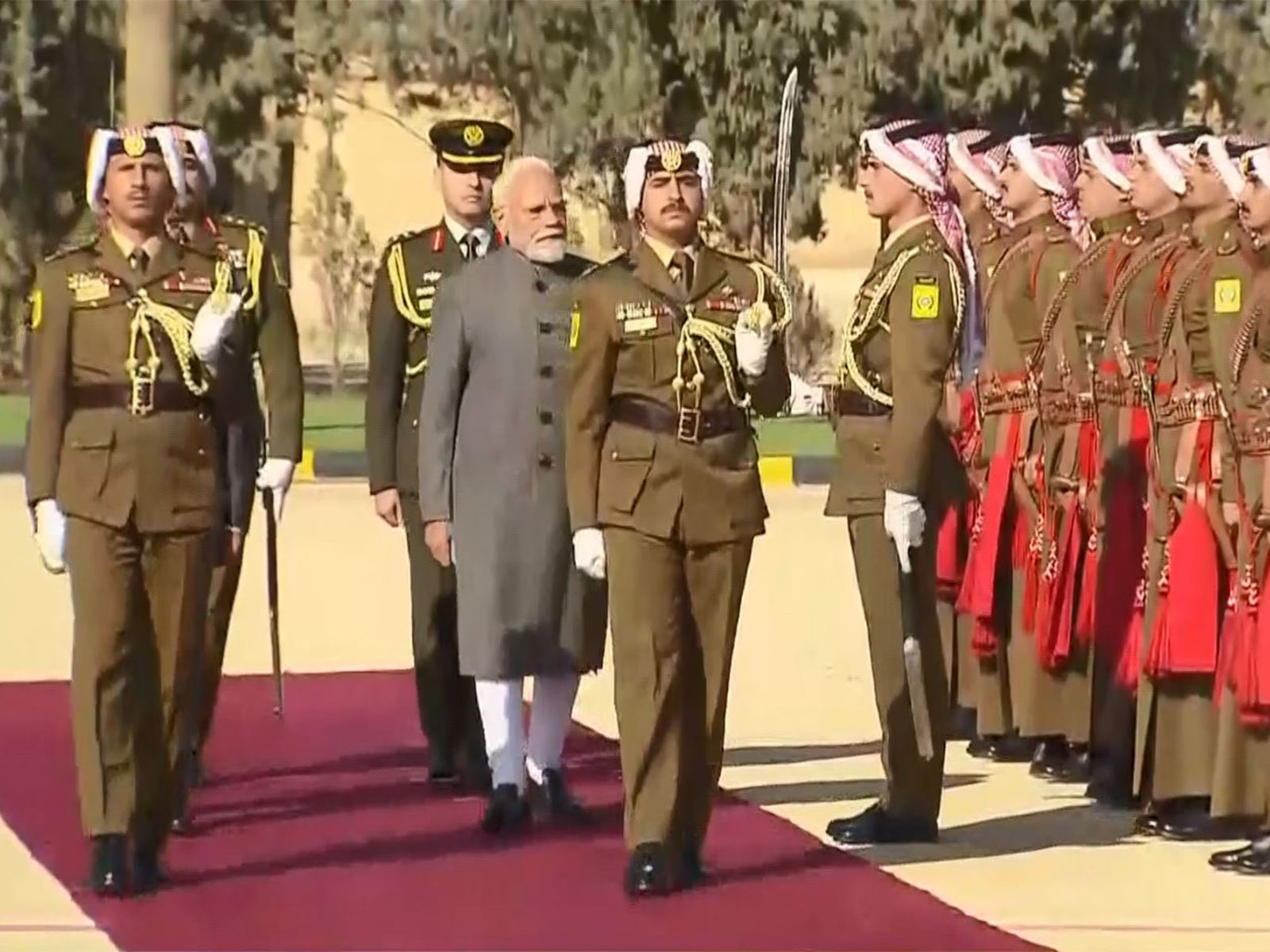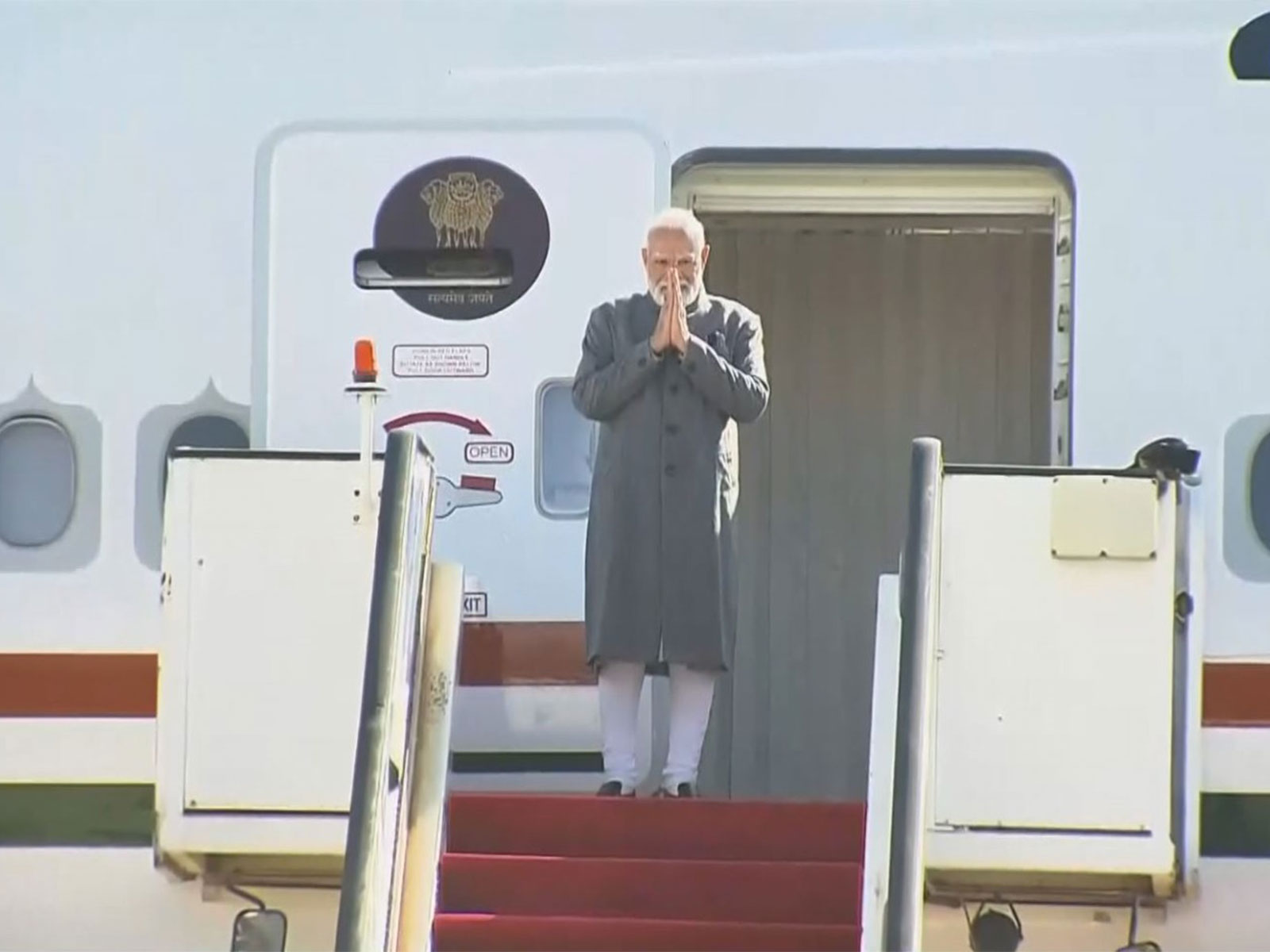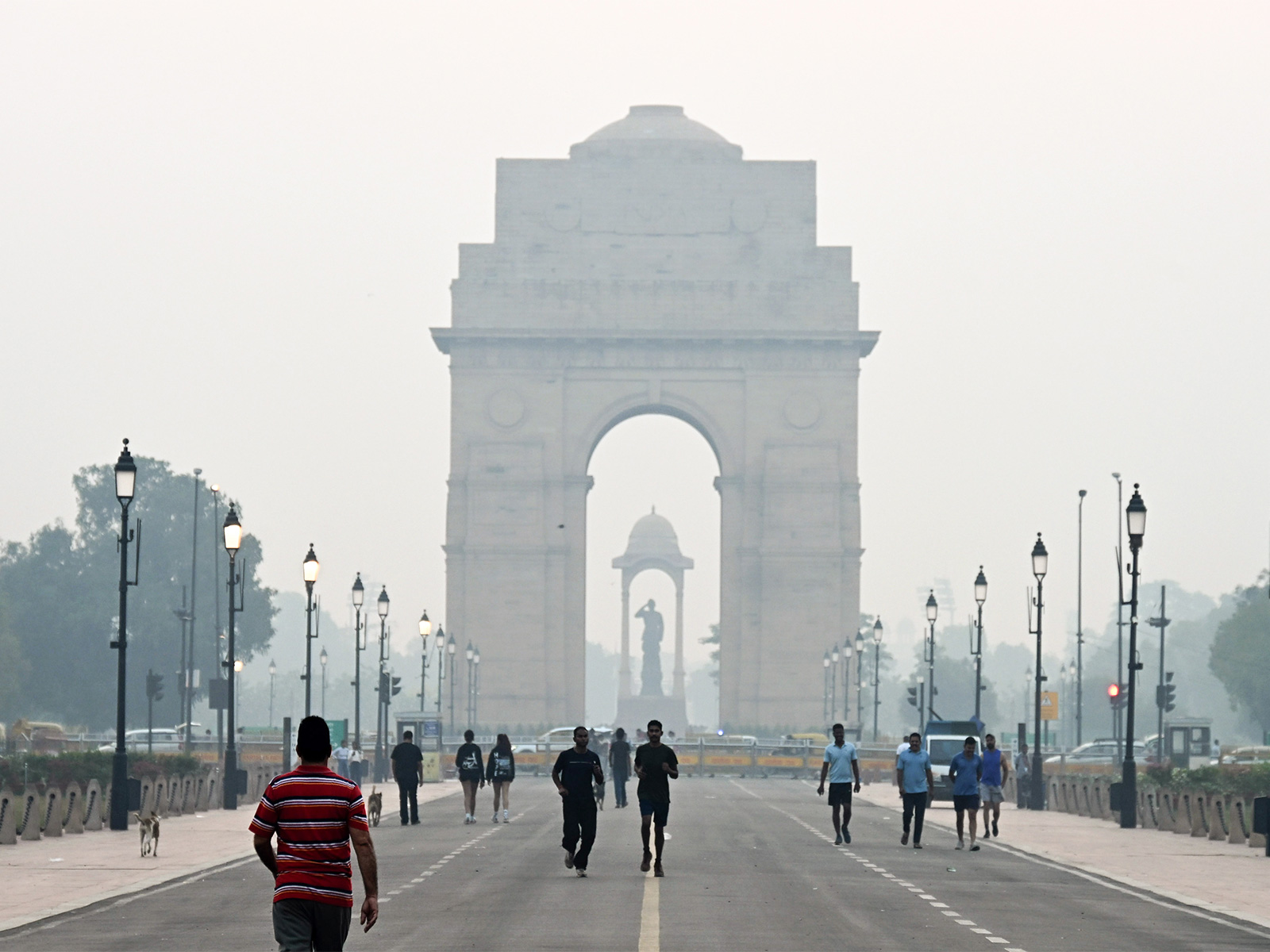Quad Summit: PM Suga thanks US for lifting ban on imports of food products from Japan
Sep 24, 2021

Washington [US] September 25 : Japanese Prime Minister Yoshihide Suga thanked President Joe Biden at the Quad Summit for lifting the ban on imports of food products from Japan imposed in the wake of the 2011 Fukushima nuclear disaster.
During his opening remarks at the summit, PM Suga said that "I had requested you in April for it (to lift the ban) and It's a huge step that you (US) took, thank you for it".
The developments came two days after the US lifted all of its restrictions on imports of food products from Japan established in the wake of the 2011 Fukushima nuclear disaster, Kyodo News reported citing Japan's farm ministry.
The US used to import a total of 100 agricultural products produced in 14 Japanese prefectures including Fukushima.
During the Quad meeting, PM Suga also expressed the importance of the first in-person Quad meeting adding that "the meeting reflects strong ties among four nations".
Top leadership from India, the US, Japan and Australia are meeting in Washington on the invitation of US President Joe Biden.
"Quad is a very important initiative by the 4 nations that believe in fundamental rights and are of the view that Indo-Pacific should be free and open. To date, Quad has given its absolute cooperation in big sectors, be it regional challenges or COVID-19," Suga added.
"We have come here for the first in-person Quad Leaders' Summit. This Summit shows the relations shared by our four nations and the commitment we have for a free and open Indo-Pacific region," he added.
During the meeting, Prime Minister Narendra Modi also addressed the summit and said that four nations of the Quadrilateral Security Dialogue came together in the interest of humanity when the world is battling with COVID-19, adding that the Quad vaccine initiative will help Indo-Pacific nations.
Earlier today, PM Modi and US President Biden held their first bilateral meeting since the latter assumed office and discussed bilateral relations including trade, COVID-19, climate challenges, and stability in the Indo-Pacific.
